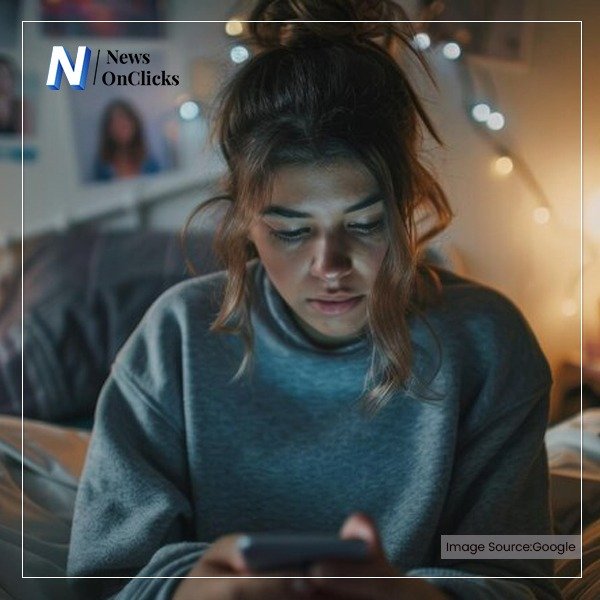
In 2024, smartphones are a necessary component of our everyday existence, but over usage of them has serious negative effects. Eighty-four percent of Indian smartphone users check their phones within 15 minutes of waking up, according to a recent Boston Consulting Group survey. Even while this behavior might not seem like much, it has a significant negative impact on productivity and mental health.
As we wake up, the brain transitions through multiple states. It begins in the sleepy theta state. Then, it moves to the relaxed delta state. After that, it reaches the semi-aware alpha state. Finally, the brain reaches the beta level when we are fully awake. However, using a smartphone immediately after waking forces the brain to bypass these stages. Consequently, this abrupt shift can lead to reduced productivity and increased tension and worry throughout the day. To facilitate a more seamless transition between these brain states, experts advise waiting 30 to 60 minutes before using smartphones.
Using a smartphone at night also reduces the quality of your sleep. With the popularity of social media and short-form video platforms, many people get into the habit of browsing through applications like Reels, Shorts, or X (previously Twitter) late at night. Even though these pursuits bring us satisfaction right away, they can interfere with our sleep cycles. Particularly harmful is the blue light that cellphones generate since it tampers with the circadian rhythm, which controls our sleep and waking cycles.
MDPI released a study that examined blue light’s impact on sleep. The study found that melatonin levels, which are the hormones that signal the body to sleep, were significantly lower in participants who used smartphones without blue light filters before bed. This melatonin deficiency slowed down their regular sleep cycle, resulting in a decrease in deep sleep. Deep sleep is a critical stage for physical and mental healing. Furthermore, participants suffered from poorer sleep quality overall. Not even blue light filters could significantly increase melatonin production.
Moreover, individuals who used their phones right before bedtime had higher cortisol levels in the morning. Consequently, this increase in cortisol made them feel drowsy and less attentive throughout the day.
The results of this study highlight the importance of limiting smartphone use before bed. Additionally, reducing phone use after waking can help safeguard sleep quality. Ultimately, these changes can lessen stress and enhance overall daily performance for individuals seeking to improve their well-being.









